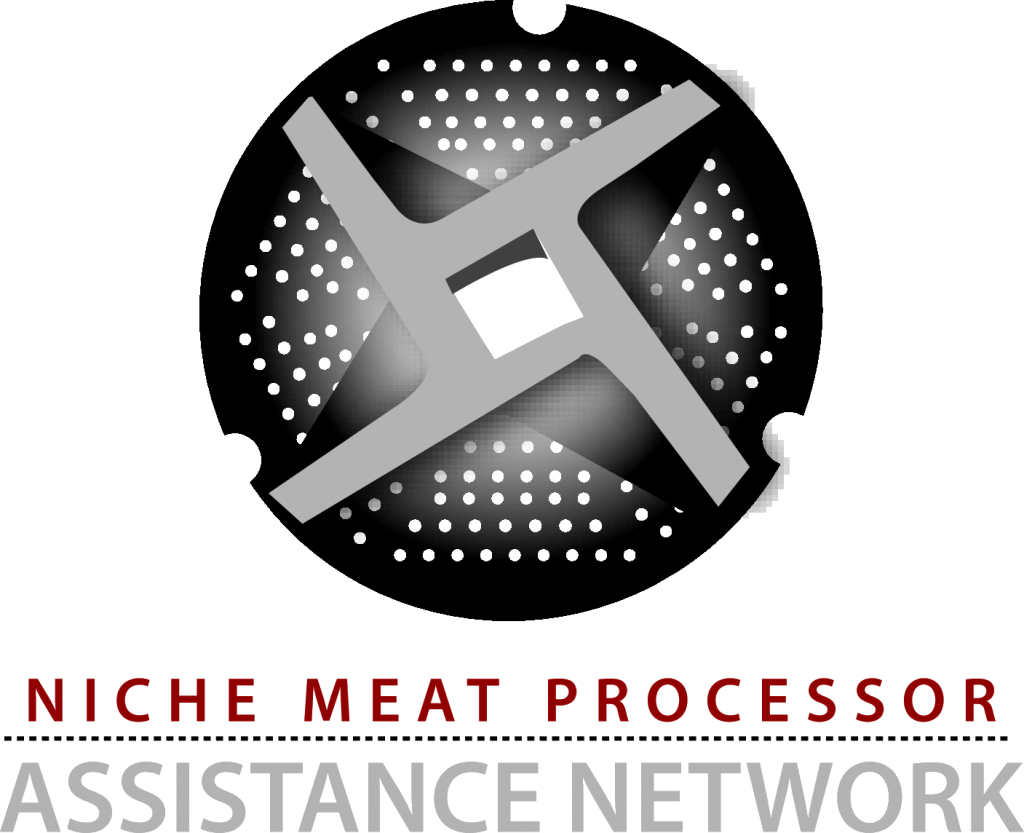The following is the technical classification for worker’s compensation classification codes as written by the National Council on Compensation Insurance (NCCI).
Last updated December 2008. All codes are subject to change. Contact your state worker’s compensation bureau for the most up to date information.
“STORE: MEAT, FISH OR POULTRY—RETAIL”
CROSS-REF. Cold Storage Locker Frozen Foods—includes incidental preparation of meats and produce. Slaughtering to be separately rated as 2081.
SCOPE Code 8031 applies to stores engaged in retail selling of fresh and cured meats, fish or poultry. When such stores also sell groceries, fresh fruits, vegetables, dairy products, or frozen foods, refer below to Item 1 in “Operations Not Covered.”
This classification also applies to the freezing and storing of meats, fruits or vegetables as a service for private individuals (Wisconsin: refer to No. 4 below). Prior to storage in lockers, food may be prepared by cutting, slicing, grinding, or chopping according to a customer’s specifications.
State Variation
State Special: Massachusetts—Store: Cold Storage Locker Operation Frozen Foods—this classification applies to the freezing and storing of fresh meats, fruits or vegetables as a service for private individuals. Prior to storage in lockers, food may be prepared by cutting, slicing, grinding, or chopping according to a customer’s specifications;
Massachusetts—amend national phraseology by adding the following:
OPERATIONS COVERED:
This classification applies to stores engaged in retail selling of fresh and cured meats, fish or poultry. When such stores also sell groceries, fresh fruits, vegetables, dairy products, or frozen foods, refer below to Item 1 in “Operations Not Covered.”
OPERATIONS NOT COVERED:
If a store sells meat, fish or poultry as well as other items such as groceries or vegetables, and the insured’s records show that the cost of fresh and cured meats, fish or poultry did not exceed 65% of the total cost of all merchandise purchased by the insured during the policy period, such a store shall be assigned to Code 8033—Meat, Grocery and Provision Stores—Retail.
If a meat store under Code 8031 has separate employees engaged exclusively in making sausage, frankfurters, or bologna, such operations shall be assigned to Code 2095—Meat Products Mfg.
Slaughtering operations shall be assigned to Code 2081—Slaughtering.
Freezing and storing of meats, fruits or vegetables for other than private individuals shall be assigned to Code 8291—Storage Warehouses—Cold.
New Jersey—Store—Meat, Fish Dealer—Wholesale—NPD with Code 2089—Packing House. Classification subject to the provisions set forth in 4-1 of the NJ Manual under “Store”;
New York—Fish, Meat or Poultry Store—Retail—includes incidental preparation of meats and produce. Slaughtering operations are separately rated as Code 2081.
Oregon—replace above footnote with: Codes 8021 and 2089—Butchering, Packing House or Slaughtering shall not be assigned to the same risk unless the operations described by these classifications are conducted as separate and distinct businesses. Initial cleaning, eviscerating and processing of poultry and/or seafood to be separately rated.
OPERATIONS NOT COVERED:
If a store sells meat, fish or poultry as well as other items such as groceries or vegetables, and the insured’s records show that the cost of fresh and cured meats, fish or poultry did not exceed 65% of the total cost of all merchandise purchased by the insured during the policy period, such a store shall be assigned to Code 8033—Meat, Grocery and Provision Stores Retail.
If a meat store under Code 8031 has separate employees engaged exclusively in making sausage, frankfurters, or bologna, such operations shall be assigned to Code 2095—Meat Products Mfg. (Wisconsin: refer to bureau).
Slaughtering operations shall be assigned to Code 2081—Slaughtering.
Freezing and storing of meats, fruits or vegetables for other than private individuals shall be assigned to Code 8291—Storage Warehouses Cold (Wisconsin: Code 8031).
Note:
Type of Merchandise Sold: If a store sells several types of merchandise, each of which may be subject to a different classification, such a store shall be assigned on the basis of the principal category of the merchandise sold. The term “principal” means more than 50% of the gross receipts.
Wholesale Versus Retail: Retail applies to the sale of merchandise to the general public for personal or household consumption or use and not for resale. Wholesale applies to the sale of merchandise for resale to others; or to the sale to manufacturers, builders, contractors, or others for use in their business, or as raw materials. A store that sells merchandise on a combined wholesale and retail basis shall be assigned to the appropriate store classification depending upon whether the gross receipts are principally from wholesale or retail sales. The term “gross receipts” means gross receipts less receipts derived from the sale of lottery tickets. The term “principally” means more than 50% of the gross receipts.
Exception: If it is determined that a store’s sales are clearly retail in nature, the appropriate retail store classification may be assigned regardless of the above definition of retail. Examples of this type of situation would be stores selling artwork or art supplies in a shopping mall when the majority of sales are to artists who use the materials in their business, or artwork purchased by businesses. In these cases, the stores would clearly be classified as retail except for the ultimate use or purchaser of the products.


